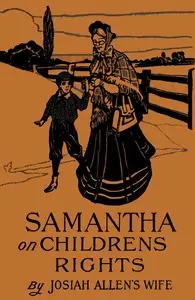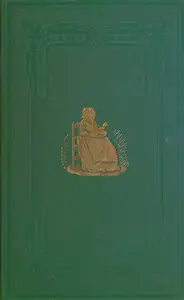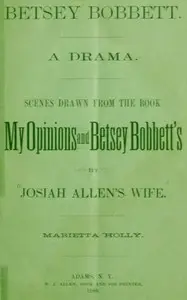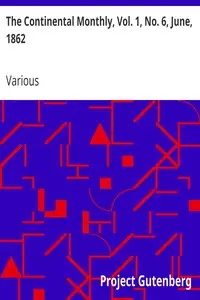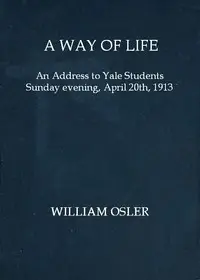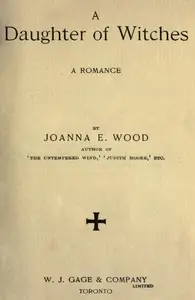"Samantha on the Race Problem" by Marietta Holley is a satirical novel written in the late 19th century. This work often captures the voice and perspectives of the protagonist, Samantha, as she navigates social issues in American society, particularly focusing on race relations during the Reconstruction era. Through her character and anecdotes, the author explores the complexities of race, ignorance, and the varying perceptions of Southern and Northern attitudes toward African Americans. The opening of the novel introduces us to Samantha and her husband Josiah Allen as they host a visit from their cousin, John Richard Allen, a colporter who has worked among freedmen in the South. This visit ignites a heated discussion about the "race problem," revealing the differing views between John Richard's experiences and Josiah's dismissive stance. As they engage in an argument over the realities of race relations, John Richard warns of a brewing storm of unrest and animosity, challenging Josiah’s complacent attitude. Samantha attempts to mediate the conflicting perspectives while reflecting on her own beliefs regarding the implications of this societal issue, setting the stage for deeper explorations of character interactions and social commentary throughout the narrative. (This is an automatically generated summary.)
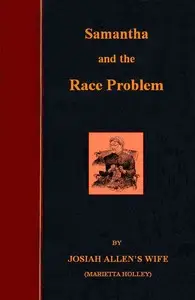
Samantha on the Race Problem
By Marietta Holley
Later published under title: Samantha Among the Colored Folks: "My Ideas on the Race Problem", #66411.
Marietta Holley, was an American humorist who used satire to comment on U.S. society and politics. Holley enjoyed a prolific writing career and was a bestselling author in the late 19th century, though she was largely forgotten by the time of her death. Her writing was frequently compared to that of Mark Twain and Edgar Nye. Along with Frances Miriam Whitcher and Ann S. Stephens, Holley is regarded as one of America's most significant early female humorists. Her work appealed to all classes of society. Her readers were scattered over the entire world, and included men and women of every station and grade. Her books were widely read in Europe.




